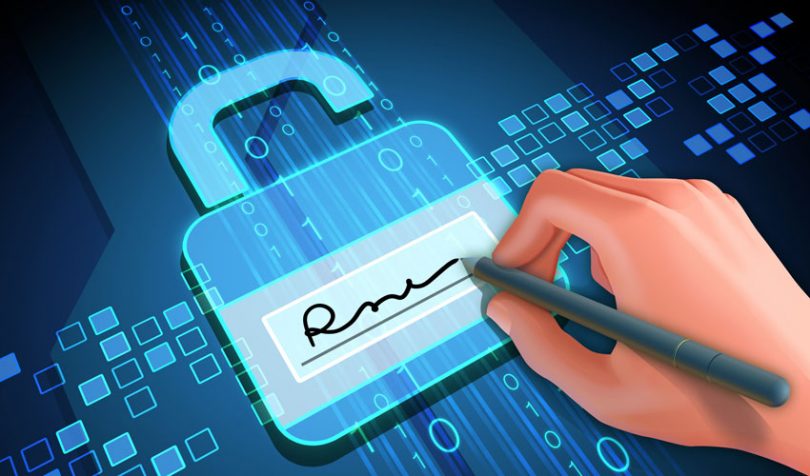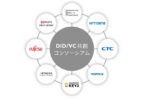Yesterday, the Sovrin Foundation announced a new self-sovereign identity (SSI) initiative, the Sovrin Alliance. The new group aims to provide SSI education and collaboration. It has already signed up backers from tech and financial firms such as IBM , CULedger, Desert Financial Credit Union and Irish Life.
Looking at it another way, the Sovrin Network is the implementation of the technology, the Foundation is the governance, and the Alliance is the community. The underlying technology is the Hyperledger Indy project.
In 2017, the non-profit foundation launched the distributed ledger technology (DLT) platform Sovrin Network, which stores public identities for organizations on the blockchain. On release, there was limited ability to write to the blockchain. Just last week, Sovrin announced that the public ledger had been opened to any organization to contribute their data and it is ready for use in credentialing.
The Sovrin Alliance “will shape the future of SSI”, claims the announcement. It continues: “it will be the place where organizations from around the world can learn, connect, share, develop, and create interoperability.”
“Moreover, the Sovrin Alliance seeks to increase overall awareness of the groundbreaking benefits of SSI technology both inside and outside the developer community.”
Award
In other news, yesterday Sovrin won the “Greatest Social Impact” Know 2019 award. The prize recognizes individuals and organizations for their contribution to identity.
The Sovrin Network is independent but was invented by Evernym. Two days ago IBM announced an expanded relationship with Evernym. The arrangement “brings together” the Evernym Accelerator with IBM Blockchain Lab Services. We believe this means that clients looking to explore SSI have the option of working with the two organizations together.
What is SSI?
SSI is a promising new way of managing digital identities without relying on a central authority. In reality, very little is stored on the blockchain.
The individual owner of the data can decide where to store it and how to share it. For instance, they can share that they are over 18 with a bank, but not their exact date of birth. The person can verify the bank’s identity, and the bank can prove the person is an adult without seeing the raw information.
The bank’s verifiable identity is stored on the public ledger. The identities representing the trusted relationship between the bank and the individual are stored privately by each party. Theoretically, SSI could reduce the risk of bulk data breaches by putting data in the hands of its owners.






